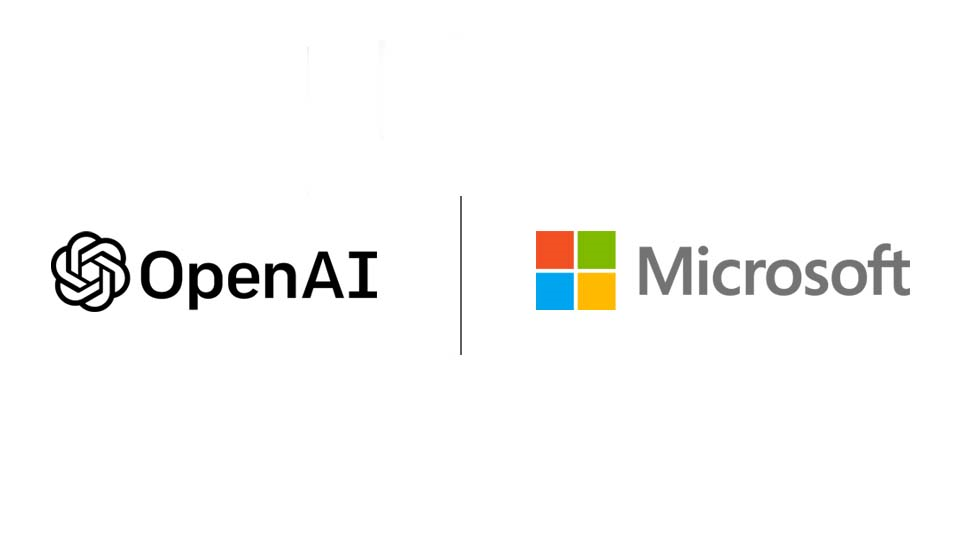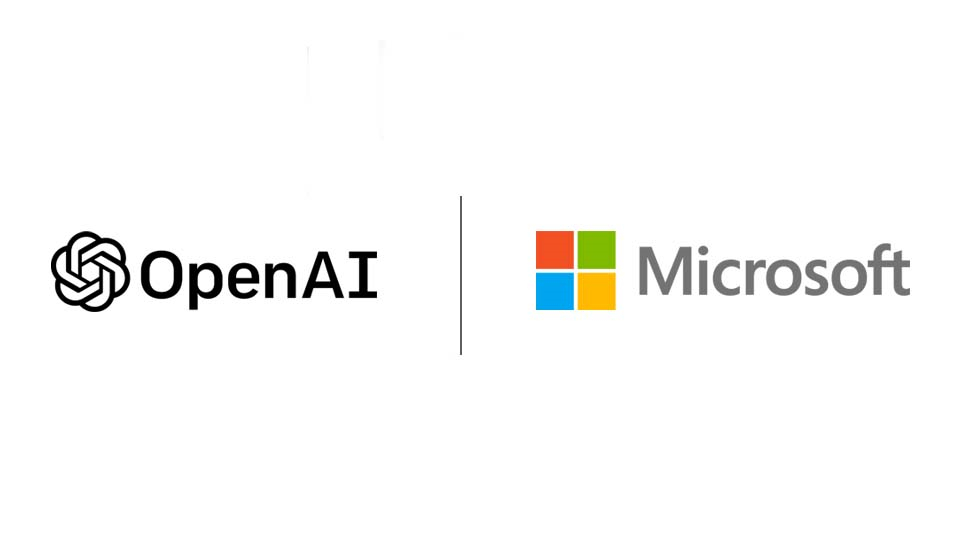
Openai Flags Big Tech Data Control To EU Regulators

OpenAI has raised alarms with European Union antitrust regulators, warning that the growing dominance of major technology firms such as Google, Microsoft, and Apple poses a threat to competition within the sector. The company's concerns centre around the increasing control these companies hold over vast amounts of data, which it claims could stifle innovation and lead to unfair market advantages.
In a detailed submission to the European Commission, OpenAI expressed its concerns about the monopolistic behaviour of these firms, particularly in relation to their access to user data. These companies, which already dominate various facets of the tech industry, are believed to have an unfair advantage when it comes to training advanced AI models, as they have exclusive access to massive data sets that smaller competitors cannot match. The increasing power of AI in shaping industries from healthcare to finance has made data a key resource in driving innovation. However, OpenAI argues that the concentration of data within a few dominant players could limit the ability of emerging firms to compete, leading to a less diverse and less competitive market landscape.
The timing of OpenAI's intervention is significant, as the European Union has been ramping up its efforts to regulate the power of Big Tech in a bid to prevent market distortion. The EU has already taken strong actions against companies like Google and Apple in the past, levying hefty fines for antitrust violations. However, with the rapid rise of artificial intelligence and its increasing reliance on large data sets, regulatory authorities are under pressure to ensure that the market remains open and competitive.
See also UAE President Advances OpenAI Alliance in Abu DhabiOpenAI's submission highlights the growing concern within the AI industry that the largest technology companies are amassing too much influence over the development and deployment of AI systems. It argues that the vast pools of data controlled by these firms enable them to build more powerful AI models, which in turn reinforces their dominance in the tech sector. The company is particularly worried about the implications this could have on startups and smaller firms, who struggle to compete due to their limited access to critical data resources.
The issue of data control is not new to the EU regulators. Over the years, the European Commission has investigated the data practices of major tech companies, including their use of personal data for targeted advertising and other commercial purposes. However, with the rise of AI, the stakes have been raised. Data has become the lifeblood of AI systems, and OpenAI's warning underscores the importance of ensuring that access to this resource is not monopolised by a few large players.
The company also raised concerns about the ethical implications of such concentrated control over AI technologies. As the global conversation on AI ethics intensifies, there is a growing recognition of the need for equitable access to AI tools and data. OpenAI has positioned itself as an advocate for an open and transparent AI ecosystem, arguing that limiting data access to a handful of corporations could prevent the development of more ethical, diverse, and innovative AI systems.
The European Union, under its Digital Markets Act and Digital Services Act, has been taking steps to regulate the power of Big Tech. These laws, which aim to curb anti-competitive behaviour and enhance consumer protection, could play a crucial role in addressing the concerns raised by OpenAI. The DMA, in particular, targets the largest tech platforms, which are classified as“gatekeepers” that control access to key markets. The act aims to prevent these gatekeepers from using their dominance to unfairly disadvantage smaller competitors.
See also Tiffany & Co Gift Card Breach Exposes Over 2,500 Customers' DataHowever, the complexity of regulating AI and data ownership presents a significant challenge. AI models are only as good as the data they are trained on, and in the rapidly evolving field of AI, access to cutting-edge data is seen as a key driver of success. The current regulatory framework may not be fully equipped to address the nuances of data control in AI development, which is why OpenAI has called for more robust measures to ensure fair competition and equitable access to data.
Notice an issue? Arabian Post strives to deliver the most accurate and reliable information to its readers. If you believe you have identified an error or inconsistency in this article, please don't hesitate to contact our editorial team at editor[at]thearabianpost[dot]com . We are committed to promptly addressing any concerns and ensuring the highest level of journalistic integrity.
Legal Disclaimer:
MENAFN provides the
information “as is” without warranty of any kind. We do not accept
any responsibility or liability for the accuracy, content, images,
videos, licenses, completeness, legality, or reliability of the information
contained in this article. If you have any complaints or copyright
issues related to this article, kindly contact the provider above.

















Comments
No comment